Health workers are at a higher risk of acquiring diseases because they come into contact with patients who have infectious diseases. They are more likely to acquire diseases than other people because of their line of work, in which they deal with sick people all day.
Cross-contamination can be prevented by taking safety precautions and preventive measures. This will involve cleaning the surfaces in detail in the operation theatres and thoroughly washing and disinfecting any clothing or bedding.
The most important thing is to wash your hands before touching anyone or anything else in the patient room. This will prevent germs from being spread around and protect both yourself and others from getting sick.
Percutaneous Injuries
Percutaneous injuries are the most common type of injury in healthcare settings, and they can be challenging to prevent. These injuries often occur when medical staff use needles or other sharp instruments to access veins and arteries. They’re also known as needlestick or sharps injuries.
Human Immunodeficiency Virus (HIV)
The human immunodeficiency virus (HIV) is a virus that attacks the body’s immune system, specifically the CD4 cells. This makes it difficult for your body to fight off infections and disease. If left untreated, HIV can lead to AIDS). It can be transmitted to the healthcare workers due to mishandling used needles and coming in contact with infected blood.
Hepatitis B Virus (HBV)
Hepatitis B is a virus that causes liver damage and can lead to cancer. It’s spread through contact with blood or other body fluids, such as semen and vaginal fluid. The best way to protect yourself from hepatitis B is by getting vaccinated against it. If you are a health worker, you have to disinfect after seeing patients with such diseases.
Hepatitis C Virus (HCV)
HCV is the most common chronic blood-borne infection in the United States. If left untreated, it can lead to liver damage, cirrhosis (scarring of the liver), cancer, or even death. Vaccination and proper disinfecting measures prevent the spread of the hepatitis B virus (HBV) through needlestick and other bloodborne exposures.
You can help protect yourself and your patients from harmful diseases by using infection control products for hospitals, clinics, and nursing homes. It is essential because people who visit hospitals come from all over the world and bring different germs with them.
To learn more about research and cure for diseases, visit us at www.mentorpro.org.



